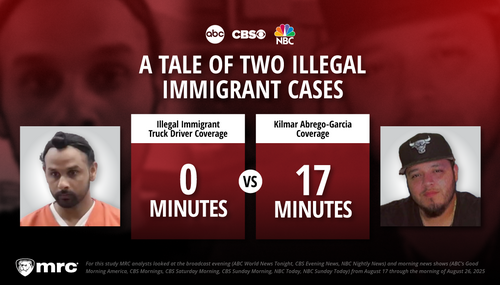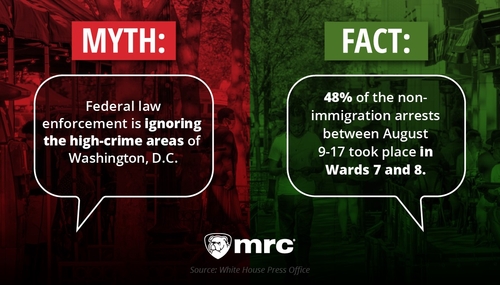Most national and international media display an astounding degree of selective perception when covering remarks and actions by Pope Francis. The latest example is the overwhelmingly celebratory coverage of the Pope’s decision to revise the Catholic catechism to express across-the-board opposition to the death penalty.
In U.S. Spanish-language television, the news received top billing. Univision, for example, heralded the move as the preface to more even more radical changes to Church teaching, including the opening of the priesthood to women, and the end of the discipline of priestly celibacy.
LOURDES DEL RÍO, CORRESPONDENT, UNIVISION: But this decision of Pope Francis doesn't take place in a vacuum. Experts say the Pontiff could certainly be testing the waters to eventually make even more dramatic changes in other aspects of Catholic doctrine.
DANIEL ÁLVAREZ, PROFESSOR OF THEOLOGY, FLORIDA INTERNATIONAL UNIVERSITY: His stance is always anti-legalistic. And in the name of anti-legalism many new things can arise. For example, priesthood for women, and the end of celibacy.
The tone of the coverage was similar during the beginning of the summer as well, when the Pope also scored major headlines after it was reported that he privately told an errant homosexual priest’s gay sexual abuse victim “that you are gay does not matter. God made you like that and he loves you like that.”
As MRC Latino noted at the time, while the Pope’s alleged words could be interpreted in a way consistent with classic Catholic teaching that God “hates the sin, but loves the sinner” (and the victim himself subsequently told the Philadelphia Inquirer that he did not interpret the Pope’s words as portending a change in Church teaching), the trumpeted interpretation by the liberal media was decidedly that the Pope and the Catholic Church now essentially both “love the sin, and love the sinner.”
However, during several occasions this summer, the Pope has also made clearly conservative, orthodox statements on equally controversial topics, only to receive the stone cold silent treatment from these same media. For example, just weeks after the revelation of his private statement to the Chilean sexual abuse victim, while speaking on the record to the Italian Family Association, the Pope explicitly declared that “It is painful to say this today: People speak of varied families, of various kinds of family,” but “the family [as] man and woman in the image of God is the only one.” This latter remark, which leaves no room for liberal spin or wiggle room, fell on completely deaf ears on all the top U.S. morning and evening television shows, both in English and Spanish.
In another severe, on the record statement against the agenda of the “gay lobby” the Pope also warned Italian bishops to vet carefully applicants to the priesthood and reject anyone they suspect might be incorrigibly homosexual, telling them “if in doubt, better not let them enter.” Once again, the top U.S. television networks, in both English and Spanish, chose to totally ignore a statement by the Pope that was clearly and unequivocally adverse to the LGBTQ policy agenda.
As the Catholic League’s Bill Donohue pointed out, this selective coverage of the Pope’s recent remarks and actions is important, particularly as we look ahead to the upcoming World Meeting of Families, a Vatican-sponsored event which will be held in Ireland from August 22-26. “Gay activists are desperately trying to redefine the family to include homosexual couples” Donohue noted in an analysis of developments leading up to the event, but “Pope Francis has thrown a monkey wrench into their agenda.”
Kudos to the leader of over one billion Catholics worldwide for continuing to share his perspective on the controversial moral questions of the day, but shame on the liberal media for trying to muzzle him to only fit the agenda that is pleasing to their ears.





